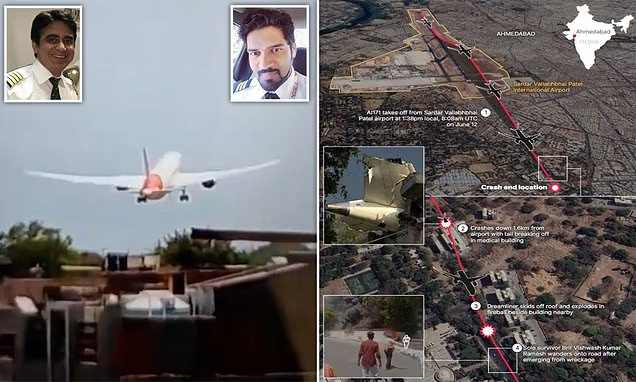A tape from the tragic Air India plane that crashed just after takeoff, k!lling everyone but one person on board, is causing a lot of talk.
Many people thought that the first results from India’s Aircraft Accident Investigation Bureau (AAIB) about the June disaster of Air India Flight 171 (which killed all but one of the 260 passengers on board and 19 more on the ground) would make things clearer.
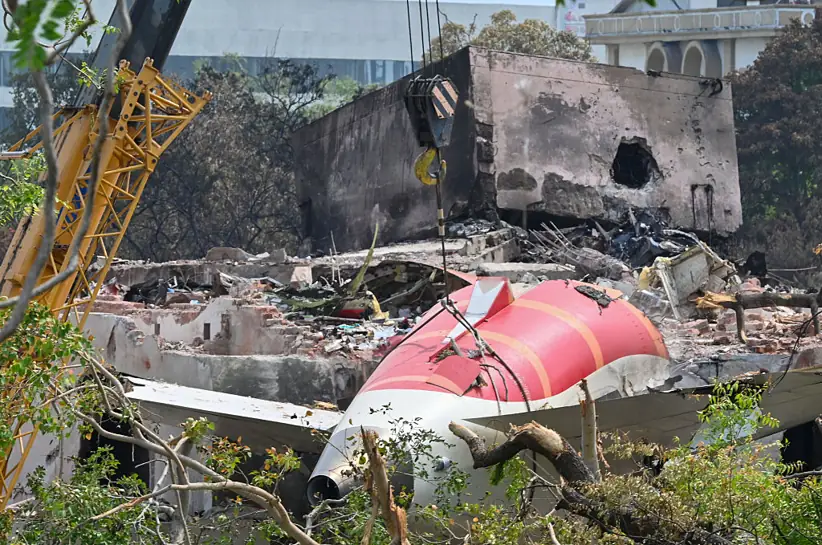
Instead, the 15-page record has sparked even more questions, mostly about a scary and unexplained event in the cockpit.
Both fuel-control switches, which are in charge of sending gasoline to the engines, were suddenly switched to the “cut-off” position just seconds after the Boeing 787 took off from Ahmedabad. This operation, which is usually only done after landing, caused both engines to shut down right away.
The plane tried to recover by restarting one engine and gained some thrust, while the other engine stayed still. The plane crashed into a neighborhood less than a minute after takeoff.
One pilot is heard on the cockpit voice recorder (CVR) saying, “Why did you cut off?” to which the other person says, “I didn’t.”
The article doesn’t say who said what, which makes an already strange situation even more unclear. The co-pilot was flying the plane when it took off, and the captain was watching.
Captain Sumeet Sabharwal, 56, and First Officer Clive Kunder, 32, were both experienced pilots with more than 19,000 flight hours between them. They had also completed all pre-flight inspections.
Even though they have a lot of experience, there has been a lot of speculation. The Wall Street Journal and Reuters, among other international news agencies, have stated that unnamed sources say that the focus of the investigation has moved to the senior pilot.
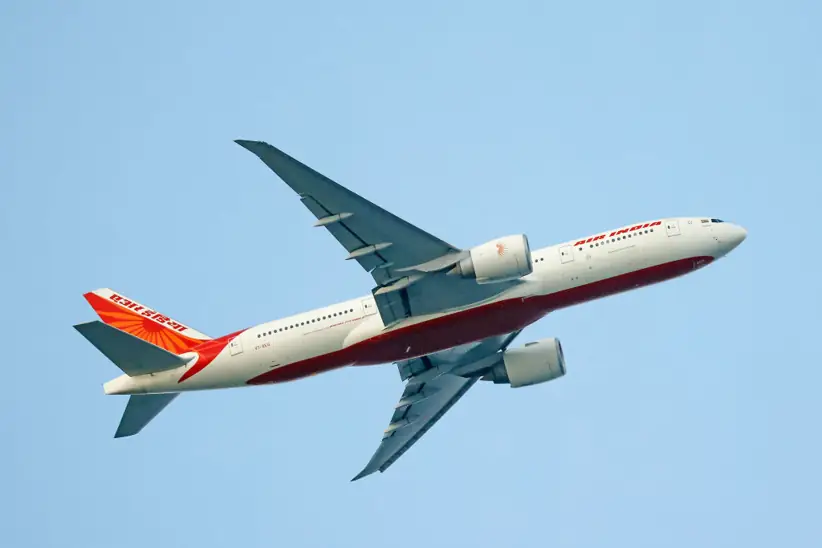
Indian aviation officials, on the other hand, have strongly opposed this story. The AAIB branded “selective and unverified reporting” “irresponsible,” while U.S. NTSB Chair Jennifer Homendy called the disclosures “premature and speculative,” asking people to wait for the entire report, which is due out next year.
Indian pilot unions have also defended the crew and criticized the quick decision to condemn them. Sam Thomas, who leads the Airline Pilots’ Association of India, stressed that important evidence, such as aircraft maintenance records, flight data, and the full CVR transcript, has not yet been made public.
The main point of the argument is whether the gasoline switches were switched off by people or by a technical problem. Experts say not to jump to conclusions. One investigator of air crashes in Canada remarked that even if we find out who said it in the recording, it doesn’t show who manipulated the switches.
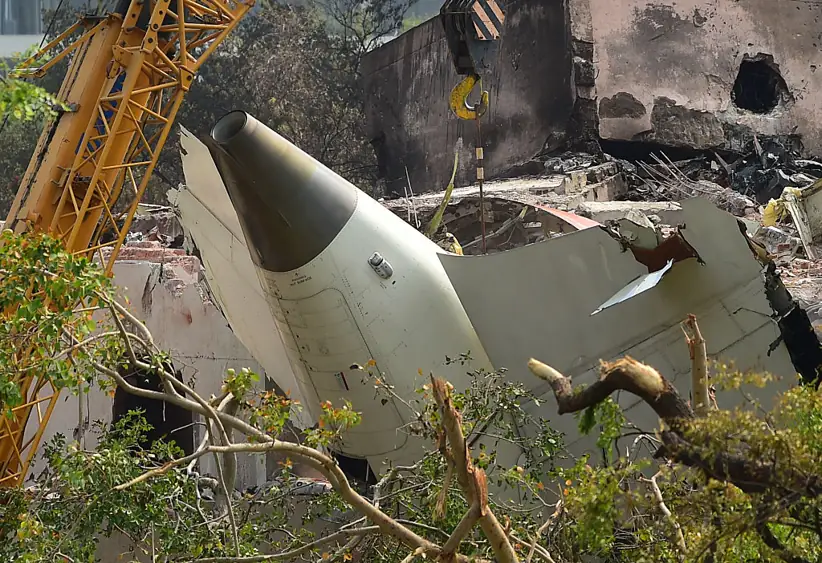
There are a number of different ideas about what happened, from the pilot being confused to problems with the automation to something more sinister. Some news outlets have said there was a tail fire; however, investigators made it clear that the disaster was caused by a fuel cut-off, not a fire that may have happened after the hit.
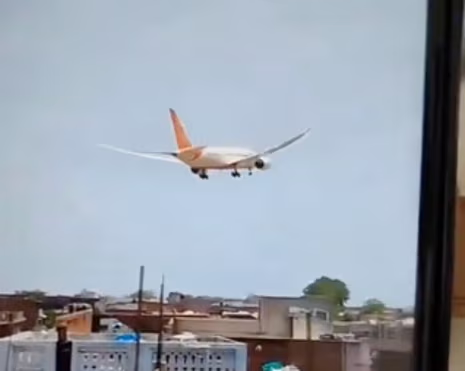
The head of the AAIB, GVG Yugandhar, stressed that the report’s goal is to find out “what” happened, not “why.” As the complete inquiry goes on, the aviation community is left with a scary question: Was it a mistake by a person, a problem with the machinery, or something else?
The probe is still going on.
